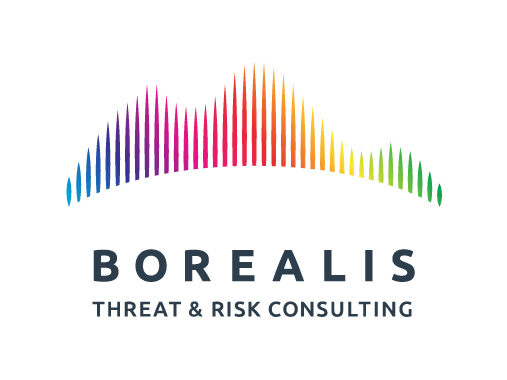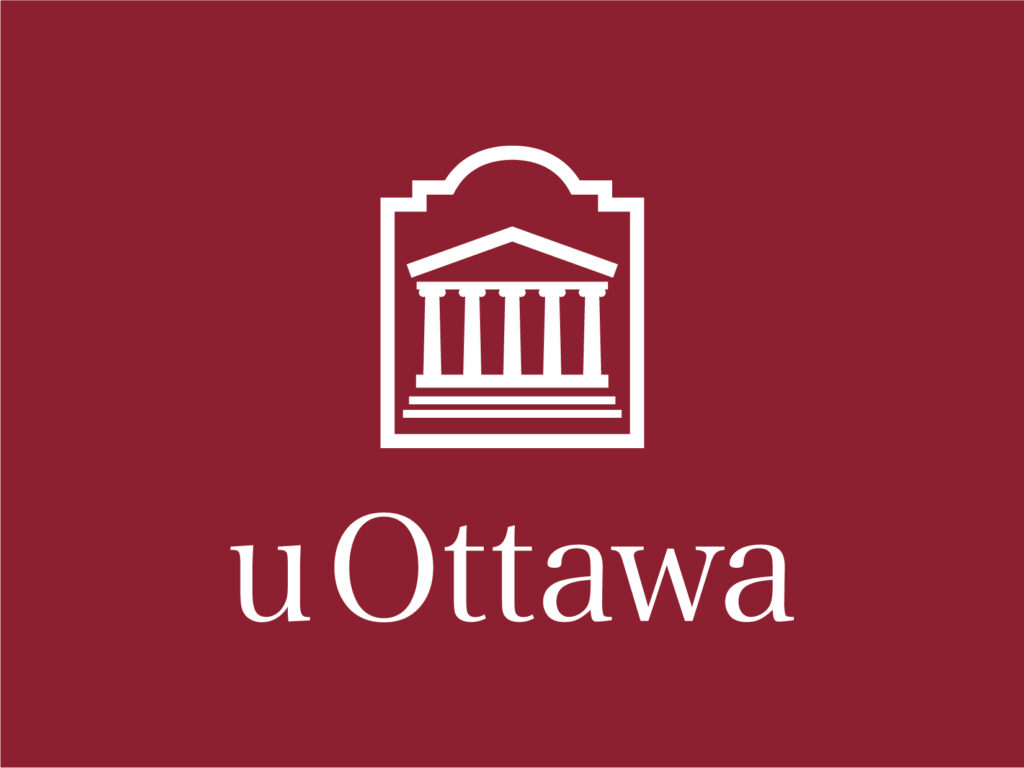We would all like to ‘predict’ the future, right? We generally can’t but that does not mean we can construct and use scenarios to be better prepared for what is coming down the pipe. Borealis is joined by Minke Meijnders, instructor at the University of Ottawa’s Security, Economics and Technology program to talk about the importance of these tools.
00:00 Introduction
00:20 Minke Meijnders and strategic foresight
01:50 What is strategic foresight?
02:53 Risk management
04:39 Strategic foresight in Canada
05:31 Strategic vs tactical
08:43 Worst/best case scenarios
12:51 National security
14:36 Salafi jihadism
15:44 Covid-19
19:42 Terrorism in Canada
23:48 Uncomfortable data
25:17 Worldwide pandemic
27:40 Forgetting about Covid-19, learning the lesson
31:42 Strategic Foresight and National Security Analysis
33:26 Contact Phil Gurski
If the ins and outs of terrorism, extremism, national security and public safety are of interest to you, subscribe to receive free content by former Canadian intelligence analyst and author Phil Gurski on these issues.
About my guest Minke Meijnders
Minke Meijnders is an expert in Strategic Foresight, focusing on geopolitics, geo-economics and international security issues. She is a former Research Fellow at the Clingendael Institute, the leading think tank on international relations in the Netherlands. In this function, she co-headed the Strategic Foresight Programme of the Security Unit and was part of the Dutch Network of Safety and Security Analyst.
In Canada, she worked as an external consultant at Policy Horizons, the foresight deparment of the where she is involved in Foresight on Covid-19, as well as Technological Leadership. Ms. Meijnders has a background in International Politics and International Security Studies.
About the host Phil Gurski

Phil Gurski is the President and CEO of Borealis Threat and Risk Consulting Ltd. and Programme Director for the Security, Economics and Technology (SET) hub at the University of Ottawa’s Professional Development Institute (PDI). He worked as a senior strategic analyst at CSIS (Canadian Security Intelligence Service) from 2001-2015, specializing in violent Islamist-inspired homegrown terrorism and radicalisation.
From 1983 to 2001 he was employed as a senior multilingual analyst at Communications Security Establishment (CSE – Canada’s signals intelligence agency), specialising in the Middle East.
Strategic Foresight and National Security Analysis
by Minke Meijnders
There is a growing appetite for using strategic foresight, including in the field of security and foreign policy. Strategic foresight is about exploring the future, and to identify the challenges and opportunities that emerge from it. It helps to improve your capacity to think about the future in a structured and systematic way.
In this highly interactive course, we will explore how we can use foresight tools to better prepare for change in the national security domain. Participants will be introduced to the various methods used in foresight, including scenario building and scenario planning, domain mapping and horizon scanning. We will take a closer look at how these are used in the context of national security and national risk assessments by using concrete examples and case studies (such as the current COVID-19 pandemic).
Listen to more episodes:

The ties between economics and national security
Episode 315 – What do bucks and bangs have in common? When most people think of national security they think of things…

Who will come to the aid of the Uyghurs in China?
Episode 314 – Why does the world not punish China for cultural genocide? If we look at how many nations put down…

What are we doing about hatred in society?
Episode 313 – Why can we not define hate speech more succinctly? As Taylor Swift – and no I am NOT a…


